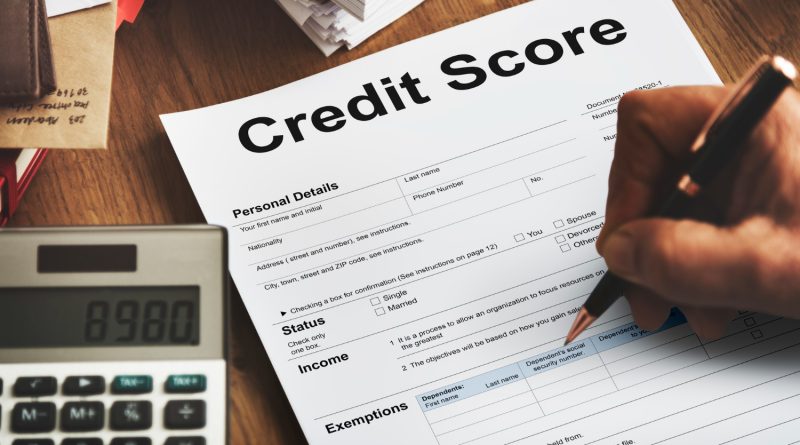Minimum Due vs. Full Payment: Which Is Better for Your Credit Score?
Do you know what is minimum due in a credit card bill and its impact? Minimum due is a word you’ll commonly find in your credit card bill. Your bill will also have the total due or outstanding amount. Both of these affect your score differently. Understanding this difference lets you decide which amount to pay and when.
Meaning of Total Bill and Minimum Amount Due
This is the amount that you have utilised against the credit limit available. Credit card issuers add the debit and credit transactions against your card to calculate your total due amount. Paying this amount by the due date will restore your limit and help you avoid late payment fees and interest charges.
Minimum Due Amount (MAD), on the other hand, is the least amount you must pay by the due date. Usually, it is 5% of the total amount due. If you pay the MAD, you can avoid the late payment fee, and your limit will be restored with the amount you pay.
Example of Total and Minimum Amount Due
To better understand what is minimum due in a credit card bill and the total due amount, consider the following tabular example:
| Transaction Type | Transaction Amount |
| Debit | ₹2,500 |
| Credit | ₹500 |
| Debit | ₹1,500 |
| Debit | ₹500 |
| Debit | ₹1,100 |
| Credit | ₹600 |
| Total Amount Due | ₹5,600 |
| Minimum Amount Due (5% of total due) | ₹280 |
Minimum Amount Due: The Good and The Bad
Paying only the minimum due can be a great solution when you have less funds, as it gives temporary relief by postponing payment of your total balance. But a key aspect of understanding what is minimum due in a credit card bill and its impact is that it has some drawbacks.
One of the first cons is that you only avoid the late payment fee. The issuer will levy interest on the outstanding balance. Since the interest is compounding, overreliance on MAD can lead to significant interest charges, leading to debt accumulation.
Another impact is on your creditworthiness. While paying the minimum due amount does not directly impact your credit score, there is an indirect effect. Regularly paying only the minimum amount indicates financial instability, potentially lowering your creditworthiness.
Additionally, MAD does not help with your credit utilisation ratio, as you will carry a high balance against your credit limit. This negatively affects your creditworthiness over time and can make you ineligible for affordable and instant credit.
Full Payment: Ways to Boost Credit Score
By consistently paying your balances in full, you build a positive history and enhance the lender’s confidence in you as a borrower. Both of these options help maintain and improve your creditworthiness.
This is why you should rely on paying the minimum due only when necessary. Apart from its positive impact on your credit score, here are a few other reasons why you should pay the total due amount on your credit card bill:
Steer Clear of High-interest Charges
When you pay in full, you won’t be charged interest on the amount you use with your credit card. Avoiding credit card interest charges, which can be expensive, can lead to long-term financial savings.
Appropriate Financial Handling
Making the entire payment shows sound financial management. It demonstrates that you are not depending on credit to pay for your needs and that you are living within your means. Institutions see this as a favourable activity, which will eventually raise your credit score.
Debt Discharge
Paying just the minimal amount each month can force you to carry debt, which can result in a vicious cycle of mounting debt and interest payments. By paying the entire amount due, you can avoid this trap.
Credit Utilisation Ratio
Your creditworthiness significantly depends on your credit usage ratio, which is the amount of credit utilised against your credit limit. By paying the bill in full, you maintain a low ratio, which raises your credit score.
If paying the total bill is not possible, you can consider alternatives to paying the minimum due. One is that you can pay a credit card bill using a credit card with a later due date and a high available balance. However, you must be careful and consider all the aspects to avoid any negative impact.
You can also pay your credit card bill in EMIs, i.e., split the total amount into monthly instalments. This also comes with pros and cons, which you must understand before opting for it.
If you are looking for a credit card that helps you stay on top of your finances, choose the One Credit Card. With its powerful mobile app, you can have better access and control over your card, enabling you to spend wisely and within your budget.
With zero annual and joining fees and up to 5X reward points, you can maximise your savings. You can easily convert your big-ticket purchases into affordable EMIs, allowing you to stay on track with payments. Apply now to get this metal credit card and have a rewarding credit journey.

